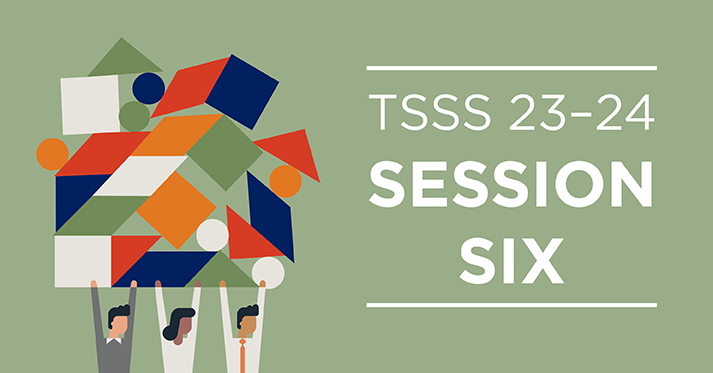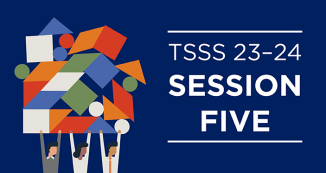
26 Jan Strategies to Identify and Engage with Community Partners
Register below to receive Zoom link
Event Video
For those who are viewing the recording, but did not attend the live event, please contact Laurel Barchet (lah19@uw.edu) to receive and complete the evaluation survey. The evaluation survey is required in order to receive the Team Science Seminar Series certificate of completion.
Description
Join us for an engaging seminar where you’ll gain skills for integrating community engagement in your research. By the end of the seminar, you’ll be equipped to apply effective strategies in initiating meaningful partnerships with the community, explore valuable ITHS resources designed to support researchers interested in community-engaged research, and learn to apply best practices when engaging community partners.
This event is the sixth session in the Team Science Seminar Series 2023–2024.
Event Materials
14 KBHANDOUT: References4 MBSLIDE PRESENTATION: Strategies to Identify and Engage Community Partners
Learning Objectives
At the end of this seminar, participants will be able to:
- Apply effective strategies for initiating meaningful partnerships with the community.
- Discover ITHS resources supporting researchers interested in community-engaged research.
- Apply best practices for engaging community partners in research initiatives.
About the Speaker
 Maggie Ramirez, PhD, MS, is the William L. Dowling Endowed Professor in Health Administration at the University of Washington School of Public Health and an Assistant Professor in the Department of Health Systems and Population Health. She has a background in human-centered design and health services research. Dr. Ramirez is interested in the inclusion of patients, caregivers, clinicians, and other community stakeholders in the research process to accelerate adoption of evidence-based care and eliminate disparities. She is a faculty member in the ITHS Community Engagement program where she supports initiatives to facilitate community-academic research partnerships in the WWAMI region.
Maggie Ramirez, PhD, MS, is the William L. Dowling Endowed Professor in Health Administration at the University of Washington School of Public Health and an Assistant Professor in the Department of Health Systems and Population Health. She has a background in human-centered design and health services research. Dr. Ramirez is interested in the inclusion of patients, caregivers, clinicians, and other community stakeholders in the research process to accelerate adoption of evidence-based care and eliminate disparities. She is a faculty member in the ITHS Community Engagement program where she supports initiatives to facilitate community-academic research partnerships in the WWAMI region.
Please sign in below to access this form.
Access to this form is restricted to ITHS Members. Please sign in, or create an account.







